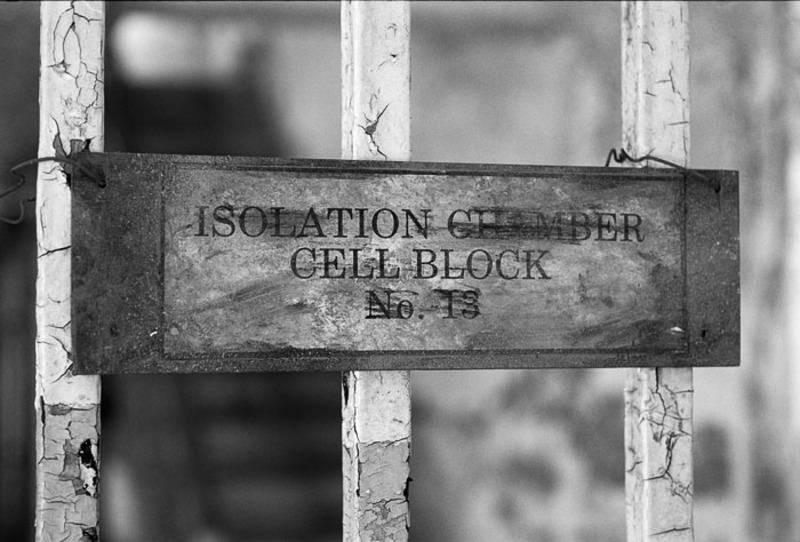
Last week, I explained why I believe the “dangerousness” criteria is an impediment to getting people the help that they need. One reason why civil rights activists pushed hard in the 1970s to get “dangerousness” established was because forcing someone into a state mental hospital was a draconion move. Being committed was often a de facto life prison sentence. Barbaric treatments, such as forced lobotomies, destroyed lives.
What happens today if someone is forcibly committed?
In Virginia, on average, you will spend five days or less in a locked mental ward. Your “treatment” will be medication and, if you are willing, therapy in groups where the topic will center almost exclusively on the importance of taking medication. After your five days end, you will be discharged. If you are fortunate, you will be linked to community services. But there’s a good chance that you will be released without any serious follow up.
In short, your life will have been disrupted — not only by your illness — but by the state. Yet, little will be done to actually help you recover from your disorder or help you better handle your symptoms.
This is not meaningful treatment. It explains why some critics are so adamant about clinging to the “dangerousness” criteria. Deep down, they do not believe involuntary commitments benefit anyone. Click to continue…



